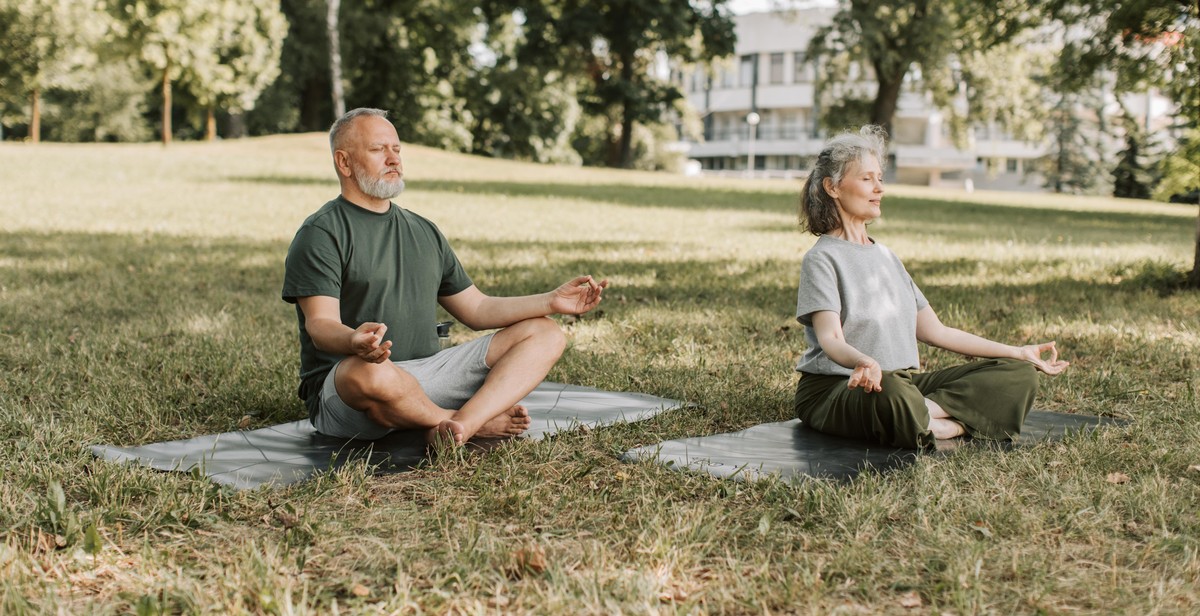How to Sing with Proper Breath Control: Developing Stamina and Long Phrases
As a singer, it is essential to develop proper breath control to enhance your vocal performance. Breath control is the foundation of singing, and without it, you will not be able to sing long phrases, sustain notes, or hit high notes without straining your voice. In this article, we will discuss how to sing with proper breath control and develop stamina to improve your vocal performance.
Why Proper Breath Control is Important
Proper breath control is essential for singers because it helps them to:
- Control their vocal tone and pitch
- Sustain long notes and phrases
- Prevent vocal strain and damage
- Improve their vocal range and power
- Enhance their overall vocal performance
Without proper breath control, a singer may experience shortness of breath, vocal fatigue, and strain, which can lead to vocal damage and affect their ability to perform. Therefore, it is crucial to develop proper breath control techniques to improve your vocal performance.
The Benefits of Proper Breath Control
Proper breath control has many benefits for singers, including:
- Improved vocal endurance and stamina
- Enhanced vocal tone and pitch
- Increased vocal range and power
- Reduced vocal strain and fatigue
- Improved overall vocal performance
By developing proper breath control, singers can improve their vocal performance and achieve their full potential. In the next section, we will discuss how to develop proper breath control and improve your vocal performance.

Breathing Techniques for Singing
Proper breath control is crucial for singing with stamina and achieving long phrases. Singing requires the coordination of several muscles, including those responsible for breathing. Below are some breathing techniques that can help improve your singing:
Diaphragmatic Breathing
Diaphragmatic breathing, also known as belly breathing, is a technique that involves breathing deeply into your diaphragm instead of your chest. When you inhale, your diaphragm should expand, allowing your lungs to fill with air. This technique helps you take in more air and sing longer phrases without running out of breath.
Ribcage Expansion
Ribcage expansion is another breathing technique that can help improve your singing. It involves expanding your ribcage as you inhale, which allows your lungs to take in more air. To practice ribcage expansion, place your hands on your ribcage and breathe in, feeling your ribcage expand. As you exhale, allow your ribcage to contract back to its original position.
Relaxation Techniques
Relaxation techniques can help you breathe more deeply and efficiently. One technique is to stand or sit in a comfortable position and take a few deep breaths, focusing on relaxing your muscles as you exhale. Another technique is to visualize yourself in a peaceful, relaxing environment, which can help calm your nerves and improve your breathing.
Breath Support
Breath support is the ability to control the flow of air as you sing. To improve your breath support, try the following exercise:
- Take a deep breath and hold it for a few seconds.
- Slowly release the air while making a “sss” sound, keeping the sound steady and even.
- Repeat the exercise, this time making a “shh” sound.
By practicing these breathing techniques, you can improve your breath control and stamina, allowing you to sing with greater ease and confidence.

Developing Stamina: Singing with Proper Breath Control
Developing stamina is crucial for singers who want to sing with proper breath control and deliver long phrases. Stamina is the ability to sustain an activity for an extended period without getting tired or losing focus. In the context of singing, stamina refers to the ability to control your breath and sustain your voice without strain or fatigue.
Vocal Warm-Ups
Before starting any singing practice or performance, it’s essential to warm up your vocal cords. Vocal warm-ups prepare your voice for the demands of singing and help prevent injury or strain. Warm-up exercises can also improve your stamina and breath control by increasing blood flow and oxygen supply to your vocal cords.
Effective vocal warm-ups include lip trills, humming, sirens, and scales. These exercises engage your diaphragm muscles, which are responsible for controlling your breath and supporting your voice. By warming up your diaphragm muscles, you can increase your lung capacity and improve your breath control, which is essential for developing stamina.
Physical Exercise
Physical exercise is another critical factor in developing stamina for singing. Regular exercise can improve your lung capacity, increase your endurance, and enhance your overall health and well-being. Exercises that target your core muscles, such as planks, sit-ups, and squats, can improve your posture, which is essential for proper breath control.
Cardiovascular exercises such as running, cycling, or swimming are also beneficial for singers. These exercises improve your lung capacity and oxygen intake, which can increase your stamina and endurance. However, it’s important to avoid over-exertion and prioritize your vocal health when engaging in physical exercise.
Proper Nutrition
Proper nutrition is essential for singers who want to develop stamina and maintain their vocal health. A balanced diet that includes whole grains, lean proteins, fruits, and vegetables can provide your body with the nutrients it needs to support your singing. Foods rich in iron, such as spinach and red meat, can improve your oxygen intake and increase your stamina.
Avoiding foods that can irritate your vocal cords, such as spicy or acidic foods, can also help maintain your vocal health and prevent strain or injury. It’s also important to avoid caffeine and alcohol, as they can dehydrate your body and affect your vocal cords.
Hydration
Hydration is crucial for singers who want to develop stamina and maintain their vocal health. Proper hydration can prevent dehydration, which can cause dryness and strain in your vocal cords. Drinking water and other fluids, such as herbal tea, can also help reduce inflammation and mucus buildup in your throat, which can affect your breath control and stamina.
Avoiding dehydrating beverages, such as alcohol and caffeinated drinks, is also important for maintaining your vocal health and developing stamina. It’s recommended to drink at least eight glasses of water per day and more if you engage in physical exercise or singing practice.
| Factors for Developing Stamina | Examples |
|---|---|
| Vocal Warm-Ups | Lip trills, humming, sirens, scales |
| Physical Exercise | Core exercises, cardiovascular exercises |
| Proper Nutrition | Whole grains, lean proteins, fruits, vegetables, iron-rich foods |
| Hydration | Water, herbal tea |
Developing stamina is essential for singers who want to sing with proper breath control and deliver long phrases. Vocal warm-ups, physical exercise, proper nutrition, and hydration are crucial factors in developing stamina and maintaining your vocal health. By incorporating these factors into your singing practice and lifestyle, you can improve your breath control, increase your endurance, and enhance your overall singing performance.

Long Phrases: Techniques for Singing with Proper Breath Control
Long phrases are an essential aspect of singing, and they require proper breath control. Without proper breath control, singing long phrases can be challenging. However, with the right techniques, vocal range exercises, articulation, and diction, you can develop the stamina to sing long phrases effortlessly.
Phrasing Techniques
Phrasing techniques are crucial to singing long phrases. One of the best techniques is to take a deep breath and release it slowly while singing. This technique helps you to control your breath and sustain your notes for longer periods. Another technique is to use proper mouth and tongue positions to shape your words and notes. This technique helps to improve your articulation and diction, which are essential for singing long phrases.
Vocal Range Exercises
Vocal range exercises are also important for developing the stamina to sing long phrases. These exercises help you to expand your vocal range and strengthen your vocal cords, which are necessary for singing long phrases. Some of the best vocal range exercises include lip rolls, tongue trills, and humming, among others. These exercises help you to warm up your voice and prepare it for singing long phrases.
Articulation and Diction
Articulation and diction are crucial for singing long phrases. Proper articulation helps you to pronounce your words clearly, while diction helps you to convey the meaning of your lyrics. To improve your articulation, you can practice singing with a pencil or pen between your lips. This exercise helps you to shape your words and notes properly. To improve your diction, you can practice singing with exaggerated lip movements and facial expressions. This exercise helps you to convey the meaning of your lyrics more effectively.
Conclusion
Developing the stamina to sing long phrases requires proper breath control, phrasing techniques, vocal range exercises, articulation, and diction. By practicing these techniques, you can improve your singing and perform long phrases effortlessly. Remember to take deep breaths, use proper mouth and tongue positions, warm up your voice, and practice your articulation and diction. With time and practice, you can become a great singer with the ability to sing long phrases with ease.

Conclusion
Developing proper breath control is essential for any singer who wants to improve their stamina and sing longer phrases. It takes time and practice to master these techniques, but the results are well worth the effort.
Putting it All Together
To sing with proper breath control, it’s important to focus on several key elements:
- Proper posture
- Deep breathing techniques
- Engaging the diaphragm
- Controlling the release of air
By mastering these techniques, you’ll be able to sing with more power and control, and you’ll be able to sustain longer phrases without running out of breath.
Practice Makes Perfect
Remember, developing proper breath control is a process that takes time and consistent practice. Don’t get discouraged if you don’t see immediate results. Stick with it, and you’ll see improvement over time.
So keep singing, keep practicing, and keep developing your breath control. With dedication and hard work, you can become a more confident and powerful singer!
